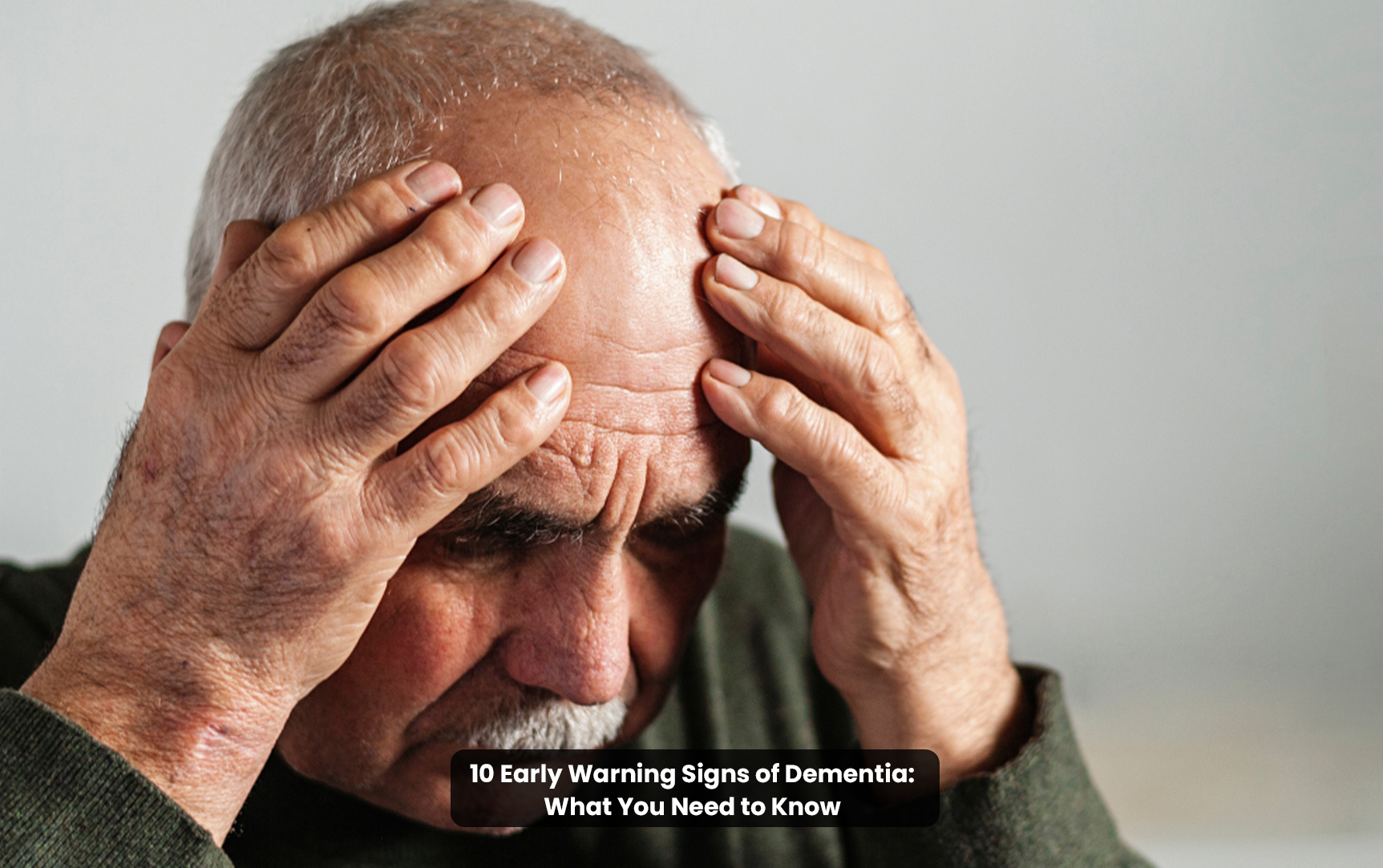
Yes, while it is more common in older adults, younger people can develop a condition called young-onset dementia. It typically affects individuals under the age of 65 and requires early diagnosis for effective management.
Dementia can result from various underlying conditions, including Alzheimer’s disease, vascular issues, Lewy body dementia, or traumatic brain injuries. Identifying the root cause is essential for targeted treatment.
Normal aging may involve slower processing or occasional forgetfulness, but dementia is marked by persistent, progressive cognitive decline that interferes with daily functioning.
Yes, maintaining a healthy diet, regular exercise, mental stimulation, and managing health conditions like diabetes or hypertension may help reduce the risk of dementia.
While there is no cure for dementia, various treatments, including medications and therapies, can help manage symptoms and improve quality of life for those affected.
Ashiana, Ashiana Housing build homes. Homes surrounded by vast green spaces and fresh breeze. Homes cocooned in secured gated complexes. Homes where futures are forged and there are opportunities to grow. And Homes in environments brimming with healthy activity, trust and respect. At heart, we build communities with care.
Other posts by Ashiana
Join 1000+ of fellow readers. Get expert real estate knowledge straight to your inbox absolutely free. Just enter your email address below.